In Brief
Situation Report
President-elect Donald Trump's nomination of Tulsi Gabbard as Director of National Intelligence has sent ripples through the national security establishment. Gabbard, a former Democratic congresswoman who left the party in 2022, is known for her controversial views on foreign policy, particularly regarding Russia and Syria.
Her lack of extensive intelligence experience has raised concerns among current and former intelligence officials about the potential politicization of the intelligence community.
The nomination is part of a broader pattern of Trump appointing loyalists to key positions, including Matt Gaetz as Attorney General and Pete Hegseth as Defense Secretary.
This trend has alarmed many in the intelligence community who fear that these appointments could lead to a distorted view of global threats based on political considerations rather than objective analysis.
U.S. allies, particularly those in the "Five Eyes" intelligence alliance, have expressed caution about future intelligence sharing arrangements. There are concerns that the appointment of Trump loyalists to top positions could impact the willingness of foreign partners to share sensitive information.
Assessment
The nomination of Tulsi Gabbard as DNI represents a significant shift in the approach to intelligence leadership in the United States. Her lack of traditional intelligence experience and her controversial views on key foreign policy issues could lead to several challenges:
- Politicization of Intelligence: There is a risk that intelligence assessments could be tailored to align with political objectives rather than objective analysis.
- Strained Relationships with Allies: U.S. intelligence partners may become more hesitant to share sensitive information, potentially impacting the effectiveness of international intelligence cooperation.
- Internal Resistance: Career intelligence professionals may resist changes they perceive as undermining the integrity of their work, potentially leading to internal conflicts and reduced effectiveness.
- Confirmation Battle: Gabbard is likely to face intense scrutiny during Senate confirmation hearings, which could further polarize discussions around intelligence and national security.
The appointment of John Ratcliffe as CIA Director may provide some balance, but overall, these nominations signal a potential shift towards a more politicized intelligence community under Trump's second term.



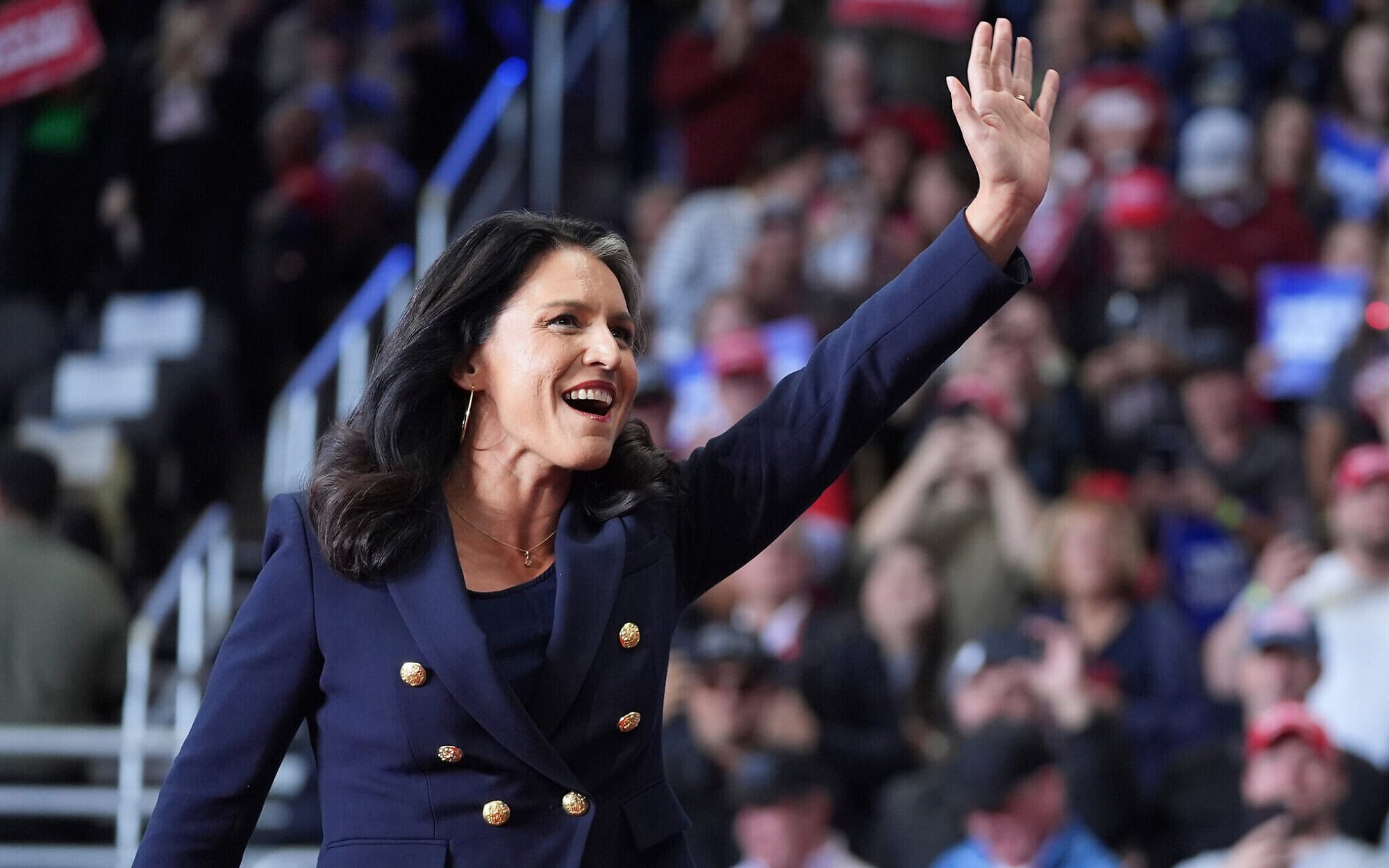



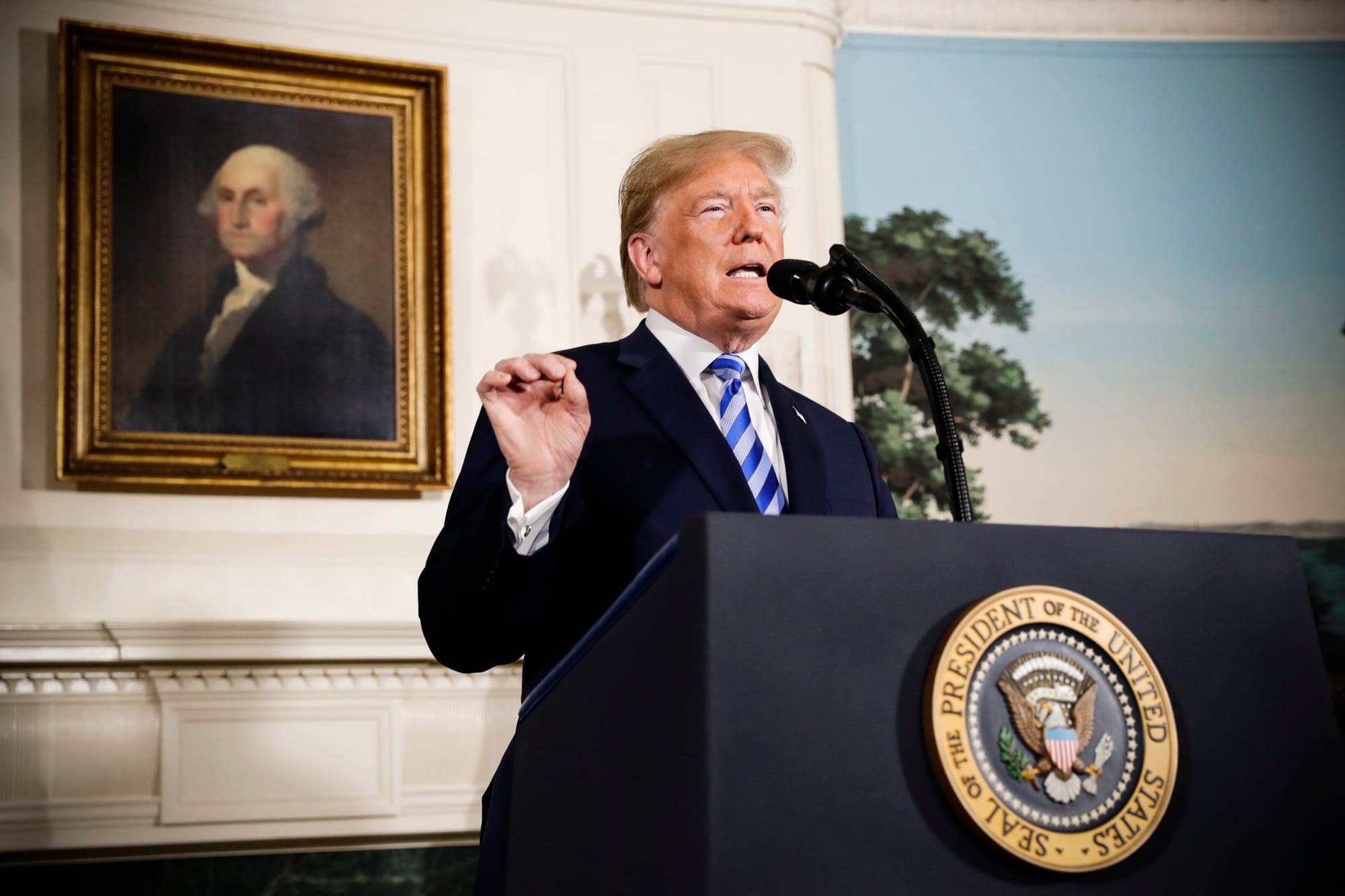


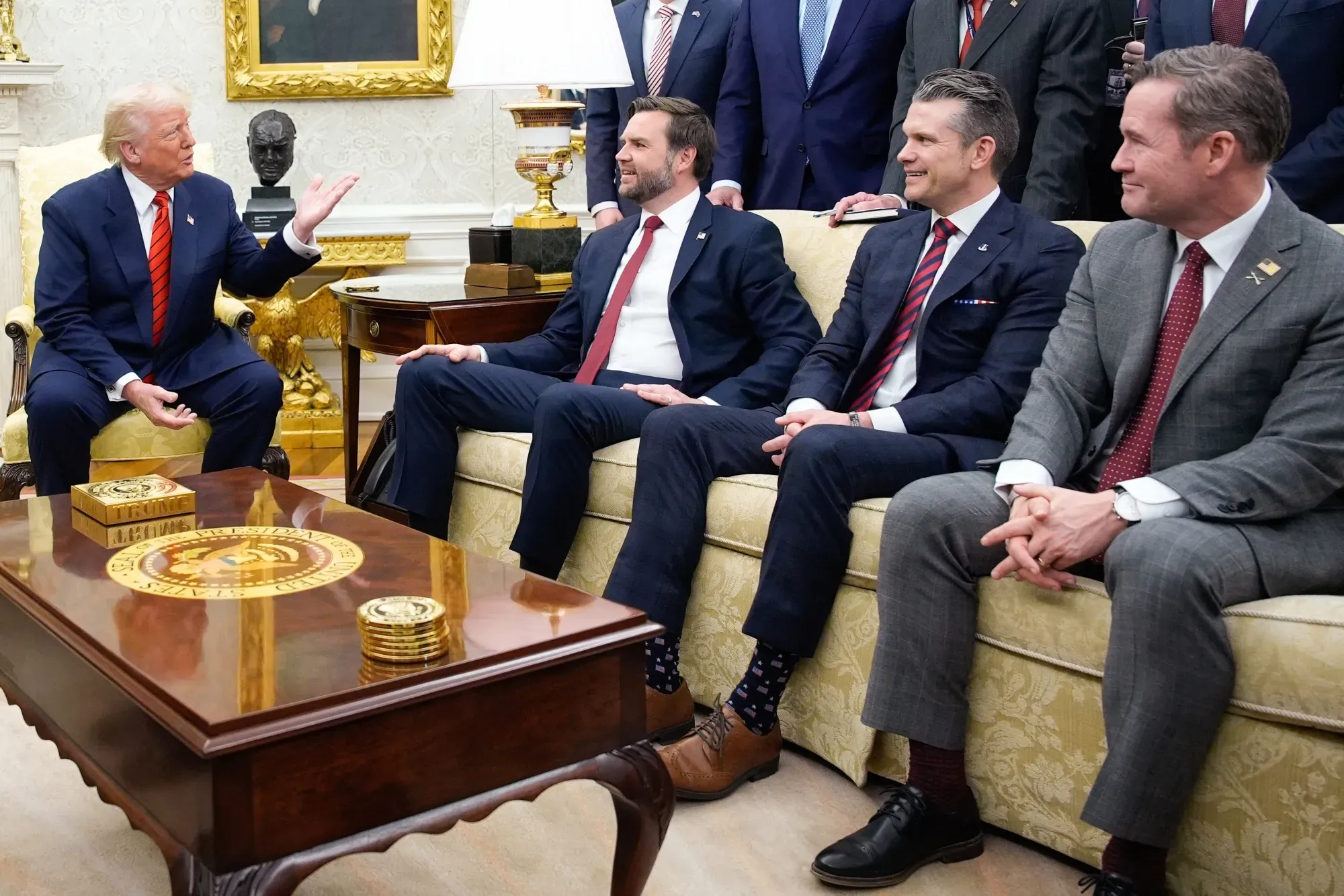


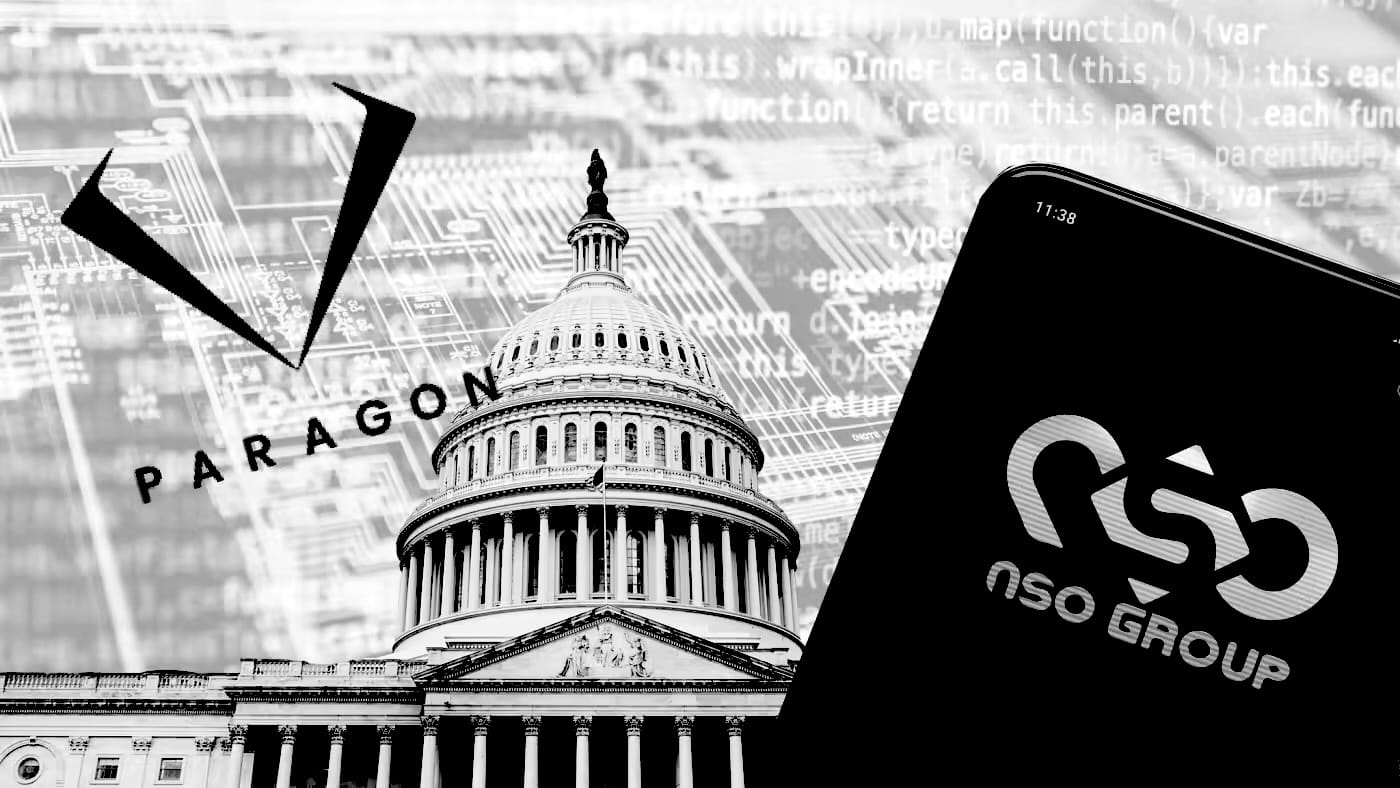
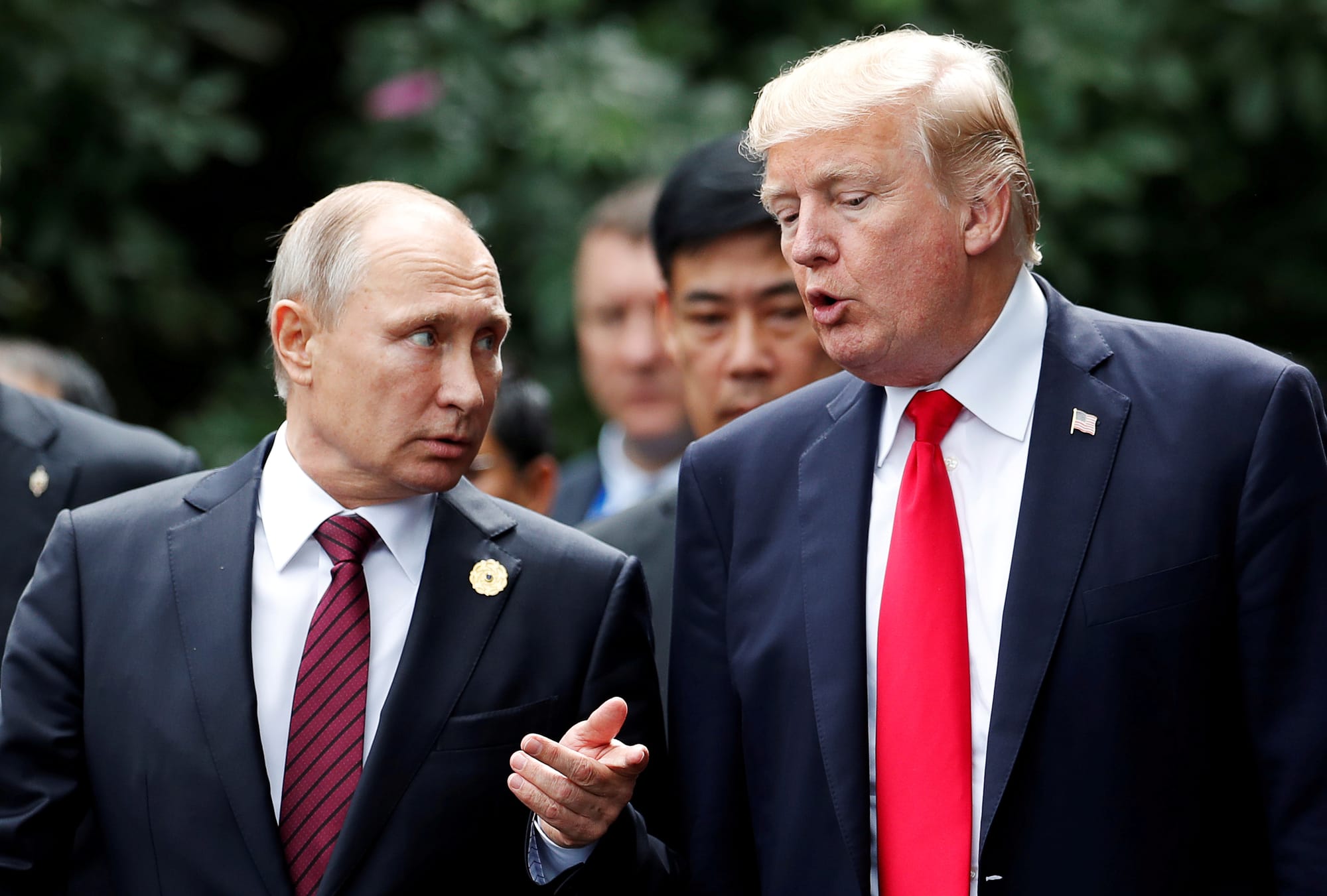
Discussion